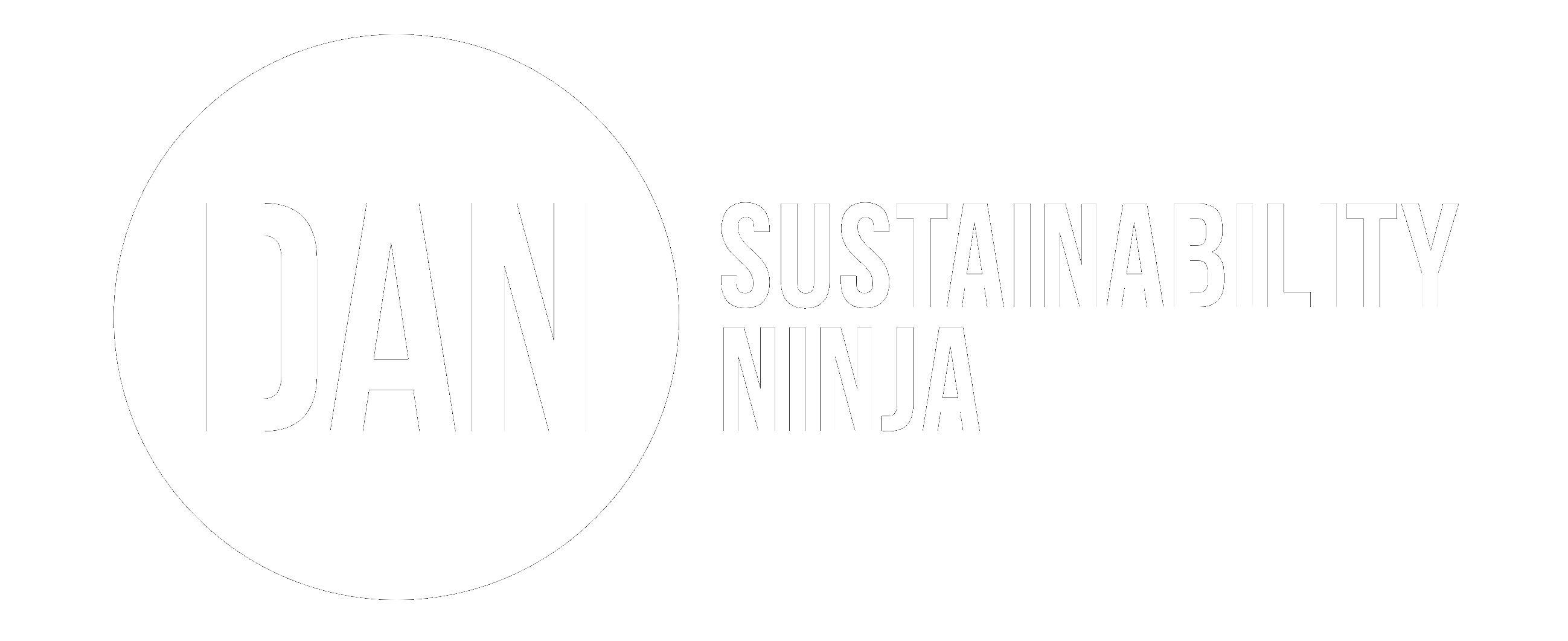SAP is a German-based multinational technology corporation that develops enterprise software to manage resources, business operations and customer relations. The company has over 413,000 customers in over 180 countries and is currently the most valuable German company with a market capitalization of around 104 billion Euros. Being that big and powerful, you could do lots of things to have a great impact in fostering sustainability. So, of course, I didn’t hesitate trying to talk to the person in charge for sustainability matters. Lucky me, it worked. Here’s 9 Questions About Sustainability with Daniel Schmid, Chief Sustainability Officer (CSO) at SAP.

Daniel Anthes: Please create a tweet (160 characters) about what sustainability means to you.
Daniel Schmid: Achieving the UN Sustainable Development Goals.
Anthes: How does your organization contribute to sustainability worldwide?
Schmid: We are committed to supporting our customers to achieve the UN SDGs with IT innovations. For example, real-time transparency of traffic movement ensures smooth traffic flow for one million cars in the city of Nanjing, China (SDG #11 sustainable cities and communities). SAP technology helps collect, analyze, and combine massive amounts of Internet-of-Things sensor data with individual traffic behavior, road conditions, or fair prices to recommend resource-efficient and convenient mobility options in an area of 8 million inhabitants. Our technology also helps organizations like the government of Buenos Aires, Argentina with predicting and managing floods. Within SAP, we strive to lead by example and have set ourselves the target to become carbon-neutral in our own operations by 2025. In 2014, we shifted to 100% renewable energy in all our data centers and facilities. Since 2017, we have also been committed to a science-based target to limit global warming to significantly less than 2°C.
Anthes: What is the main driver of your company’s sustainability activities nowdays, and how is that going to look like in the future?
Schmid: Sustainability is a business imperative. At SAP, we believe that social, environmental, and economic performance are interrelated, with each creating tangible impacts on the others. In our integrated report (www.sapintegratedreport.com) we show the financial impacts of several non-financial indicators. In times of climate crisis, extreme weather conditions, resource scarcity, species extinction, societal inequalities etc. our investors, employees, partners and customers expect us to take sustainability to the next level. In the future, I see two topics becoming more important: measuring the impact we create through our solutions and being vocal on business ethics.
Anthes: If you had all the power & money in the world, what would you do to change the world for the better?
Schmid: I would invest in achieving SDG #4, Quality Education, as early as possible. For me, this is the foundation to achieve all the other goals.
Anthes: What do you think is going to be the next big thing in sustainability?
Schmid: These days, sustainability is a buzz word in many cases. I expect the next big thing to be that we won’t have to explicitly call businesses sustainable anymore because it has become a matter of course.
Anthes: Everybody has to pull together – that’s right. But who really needs to change his doing in order for our world to change for the better?
Schmid: Everybody must take its part: Governments, companies, investors as well as every single citizen. The reasons why many players act differently than it would be necessary to change our world for the better, are manifold. Unfortunately, the pursuit of short term advantages for the individual, like power and money, sometimes overrules the common sense that would be adequate to the current state of our society and our planet. Nevertheless, I am an optimist and see many promising and inspiring initiatives, e.g. at the World Economic Forum Sustainable Development Impact Summit (https://www.weforum.org/events/sustainable-development-impact-summit ).
Anthes: How will the world look like in 2050?
Schmid: Digital transformation will have the biggest impact on economy and society. It has the potential to enable us to run businesses more sustainably and to support approaches like circular economy that bear the opportunity to solve some of the biggest challenges we currently face, like resource scarcity and plastic pollution in the world’s oceans.
Anthes: Do you know how big or small your personal carbon footprint is? Please give us a figure.
Schmid: Could be around 10t and is still way too high.
Anthes: In your personal life, what do you do to live more sustainably?
Schmid: Regarding the environment: I try to minimize my carbon footprint by avoiding plane travel whenever possible, using virtual meeting technology, the train or by driving an electric car for a couple of years now. I look forward to the installation of solar panels and a battery in our house, which should happen within the next days. Regarding the society, I am involved in various local initiatives and, since 2016, I have been engaged in a great project called “coding school for girls” in Ghana, which started for me with a social sabbatical program from SAP. With three kids in our family, we quite often discuss the global challenges we face and how we should respond and find solutions for them.




